Robert, Nat, and Cody are joined by Bill Ackerman to delve into the ideas and mysteries of Andrei Takovsky’s SOLARIS from 1972.
Andrei Tarkovsky’s adaptation of Stanislaw Lem’s novel SOLARIS certainly has the reputation of being one of the more cerebral science fiction movies ever made. Right from the start, Tarkovsky makes the story his own with a new opening to the story set on Earth. With perhaps reflections on the past that will play a role throughout the film. Right from the start you can tell you’re in the hands of a visual master. And also, you can tell that Tarkovsky is not in any rush and is asking you to pay attention and contemplate what he’s showing you.
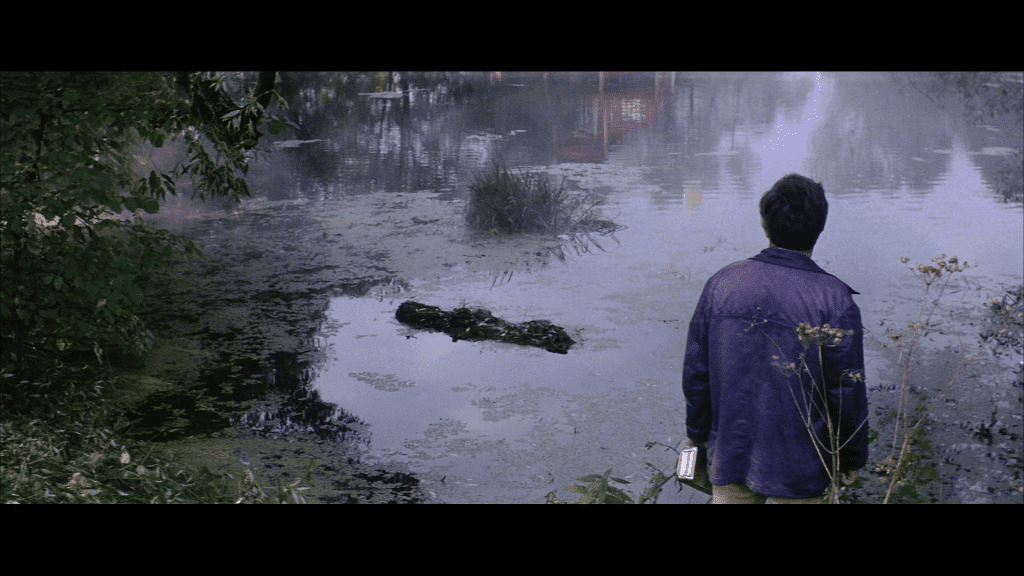
SOLARIS follows psychologist Kris Kelvin (Donatas Banionis) as he accepts a mission to evaluate the viability of a scientific mission that is attempting to communicate with the conscious planet of Solaris. And, when he arrives, he finds the station in shambles and the surviving scientists acting agitated with strange “visitors” being generated by the planet.
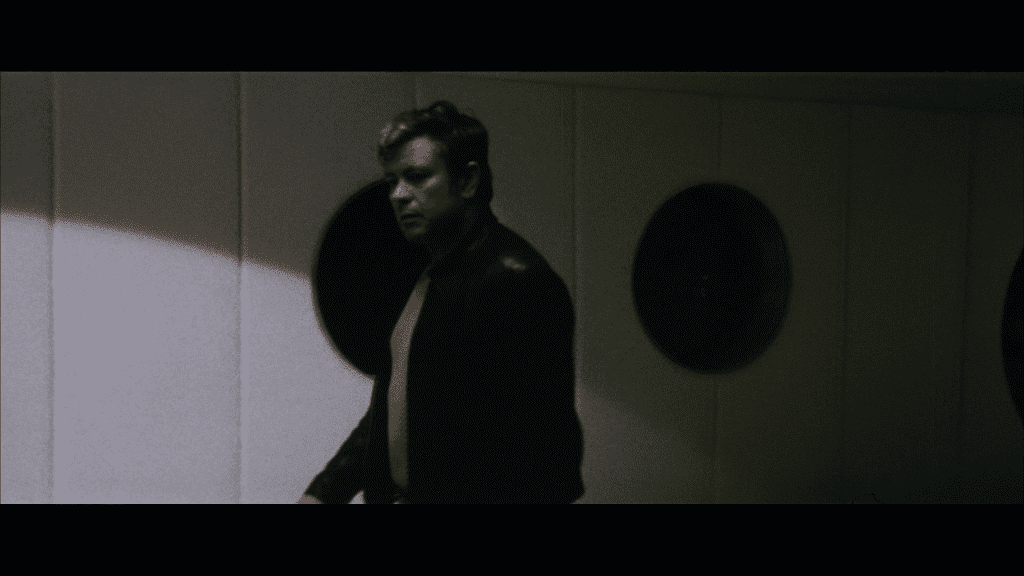
Kelvin soon finds that he’s not immune to these visitations as he’s visited by a recreation, plucked from his memory, of his late wife Hari (Natalya Bondarchuk). Hari had committed suicide approximately ten years prior, which brings up all sorts of questions of guilt, how much we know anyone else, second chances, identity, and if history is destined to repeat itself.
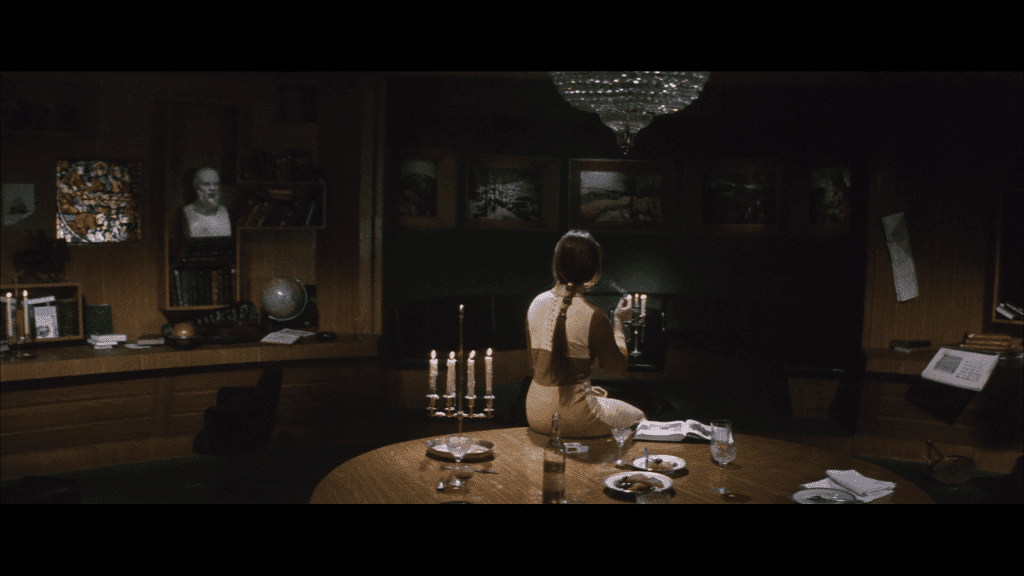
Solaris is heady stuff, grappling with the past and future. Nature vs technology. But, it also creates a real opportunity for discussion of its many ideas. It’s not your typical science fiction film. And, like many before us, we have a lot to say about SOLARIS.
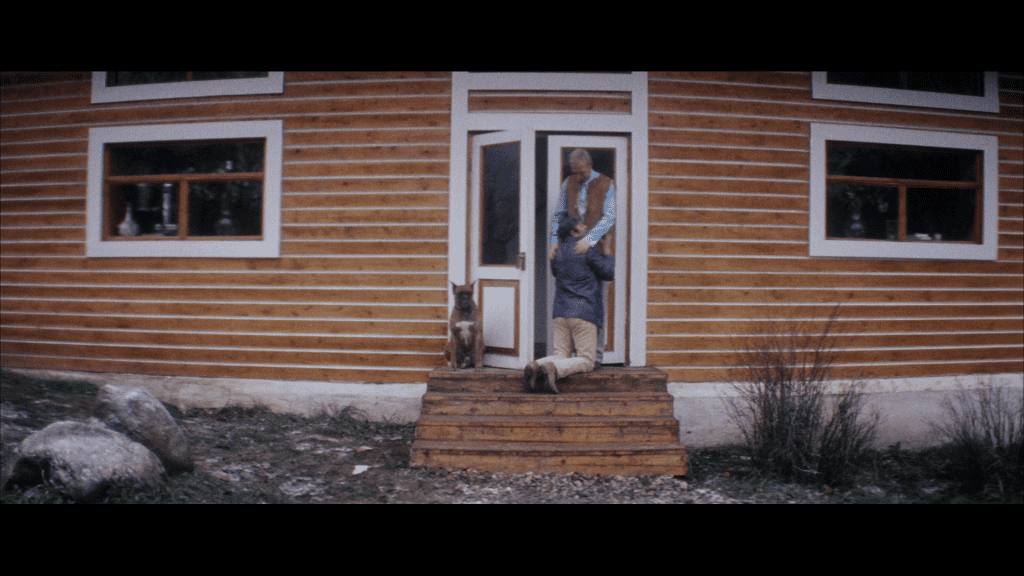
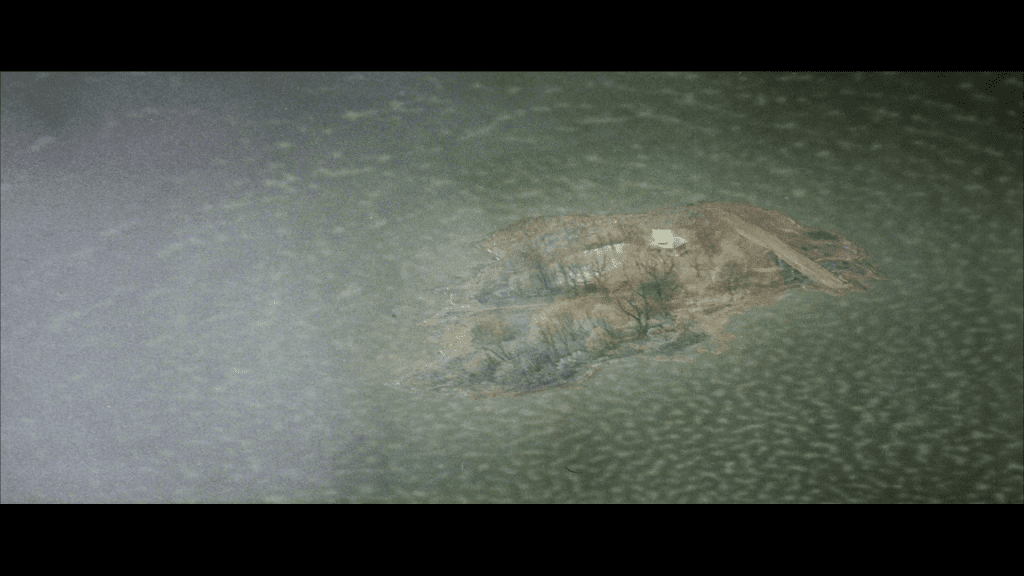
This episode doesn’t exist in alien islands of memory. You can give us a play below or Download the episode. Also, feel free to let us know what you think by commenting below or Email Us at skiespocast@gmail.com as we appreciate feedback.
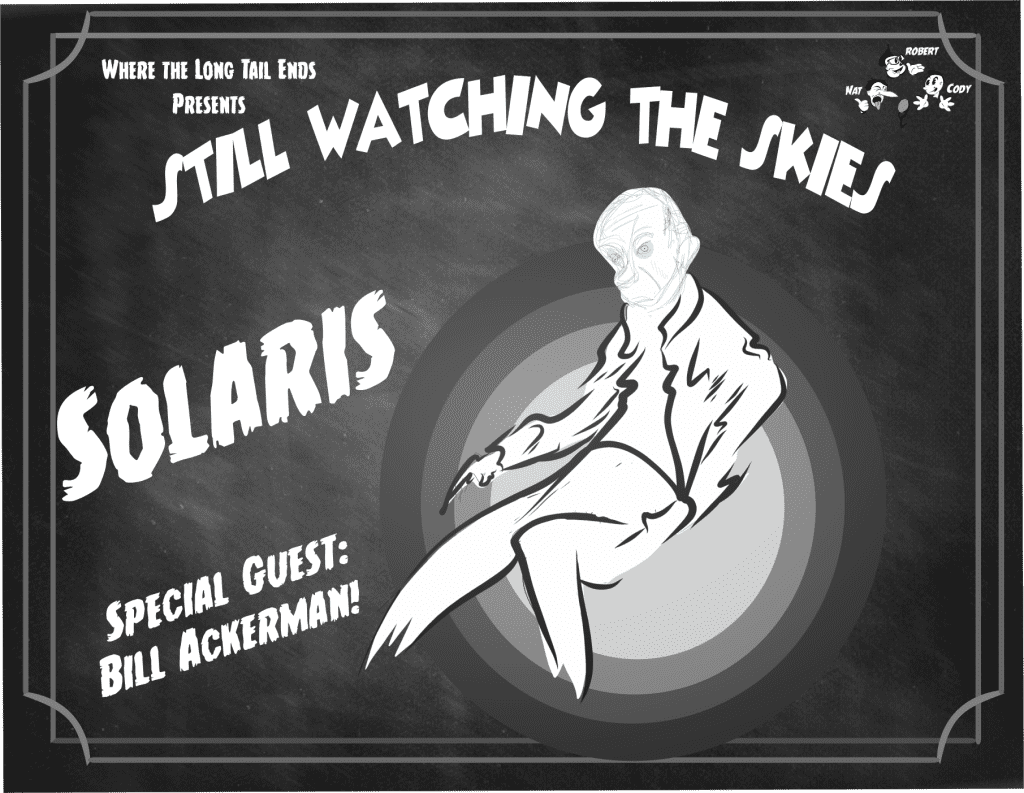
Time tracks:
SOLARIS Discussion: 0:00 to 1:12:28
Next Film and Outro: 1:12:28 to End
Next month, we change course from one cerebral science fiction film to another with Jonathan Glazer’s UNDER THE SKIN. We hope you’ll join us.